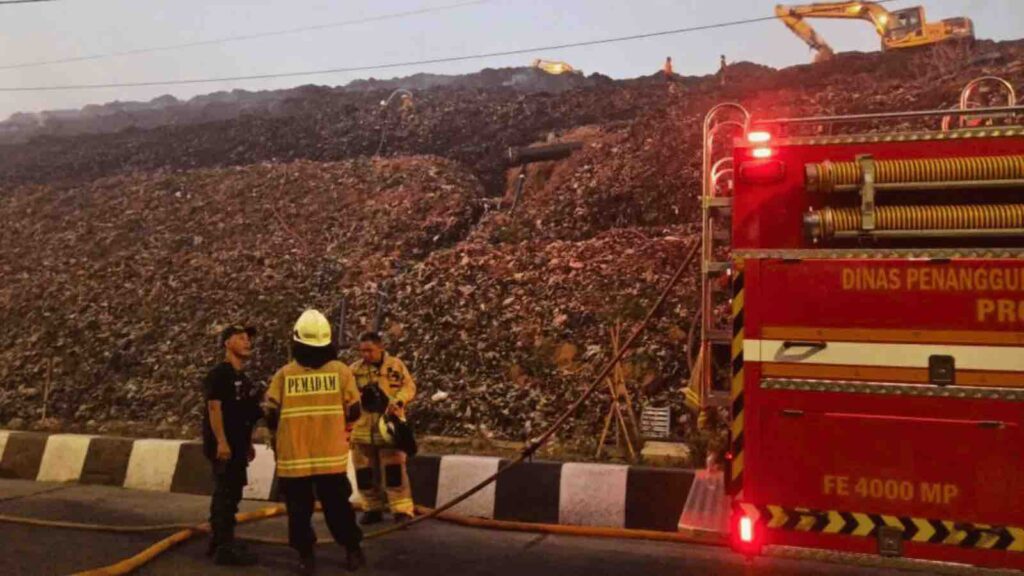The introduction of waste management fees is a crucial step toward tackling Jakarta’s growing waste problem.
In a bold move to address its mounting waste crisis, the Jakarta Provincial Government will begin implementing household waste management fees in January 2025. The initiative aims to reduce waste, promote environmental responsibility, and encourage active participation in waste management efforts across the city, which currently generates 8,000 tons of trash daily.
RELEVANT SUSTAINABLE GOALS



A Step Toward Sustainable Waste Management
The waste management fees, outlined in Jakarta Regional Regulation No. 1 of 2024 on Regional Taxes and Levies, will apply to both households and businesses based on electricity usage. This approach follows the “polluter pays principle,” where those generating waste are charged for its management.
Fee Structure for Households:
-
Low-Income Households:
- Electricity usage: 450–900 VA
- Fee: Rp 0 per month
-
Lower-Middle Class:
- Electricity usage: 1,300–2,200 VA
- Fee: Rp 10,000 per month
-
Middle Class:
- Electricity usage: 3,500–5,500 VA
- Fee: Rp 30,000 per month
-
Upper Class:
- Electricity usage: 6,600 VA and above
- Fee: Rp 77,000 per month
Businesses will also be charged waste management fees, with rates determined by the scale of their facilities.
Encouraging Community Participation
The fee system is designed not only to fund waste management efforts but also to inspire Jakarta residents to take a more active role in reducing and sorting waste. Incentives, such as fee reductions, will be offered to individuals and businesses that participate in waste-reduction initiatives, such as joining waste banks or practicing consistent waste sorting at home.
“This initiative is not about adding financial burdens on Jakarta residents but about fostering environmental awareness and responsibility,” said Asep Kuswanto, Head of Jakarta’s Environmental Agency.
Low-income households, identified by their lower electricity usage (450–900 VA), are exempt from the fees, ensuring that the program is equitable. The policy reflects the city’s commitment to balancing environmental goals with social considerations.
For other households and businesses, the tiered fee structure ensures fairness by charging higher rates to those with greater electricity usage, which is often correlated with higher waste generation.
Although the initiative introduces no legal penalties for non-compliance, community-level regulations will play a key role in ensuring adherence. “Sanctions may take the form of social accountability, enforced by neighborhood associations,” Asep explained, emphasizing a collaborative approach to the program’s success.
You may also be interested in :
Green Economic Interventions Help Indonesia’s Economic Growth Reach 6.22%



